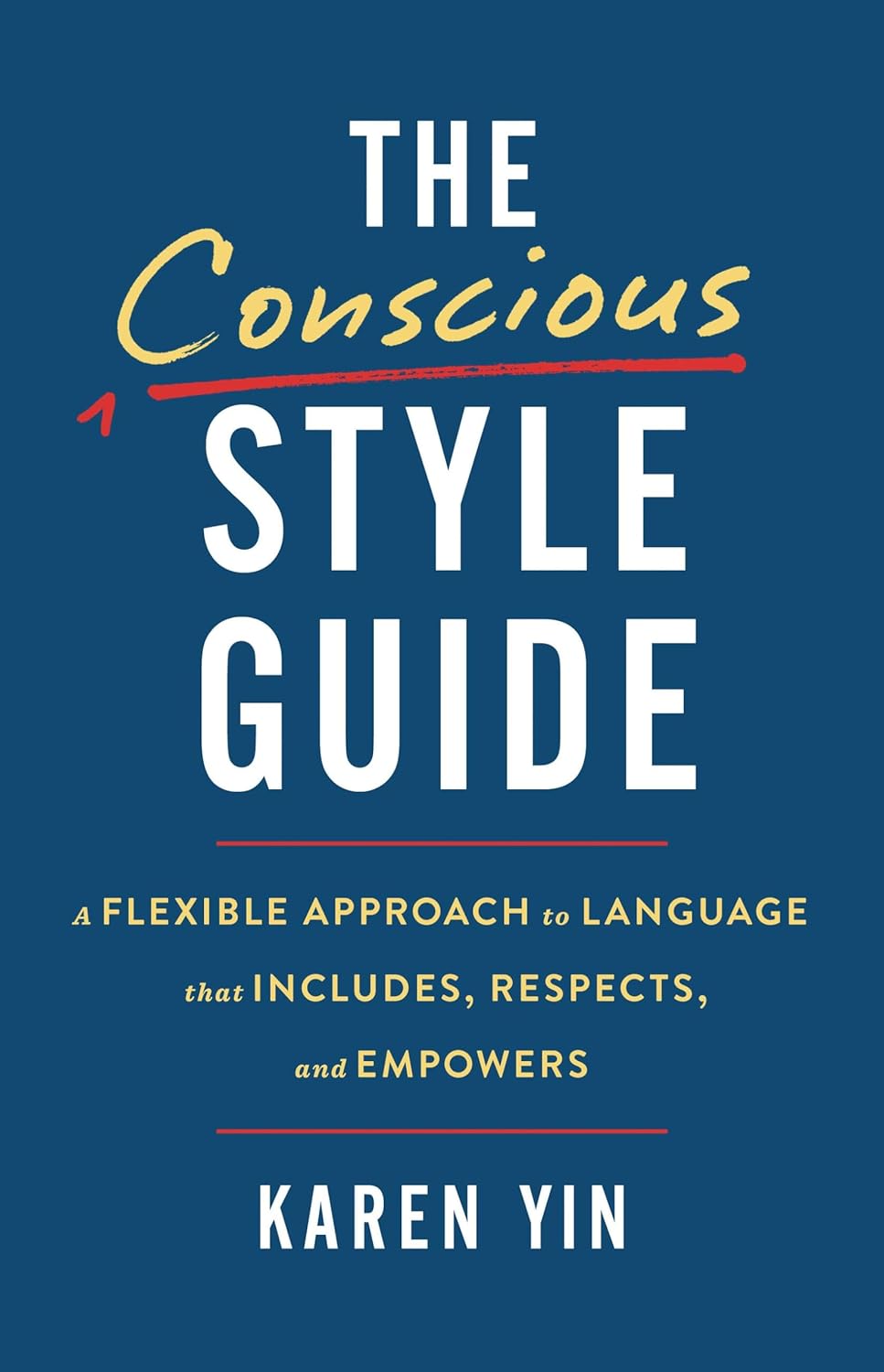New Year’s resolutions
 ’Tis the season of New Year’s resolutions—with a constant stream of articles, TV and radio news stories, and online clickbait telling us what we need to do to have better health, better productivity, and a better life in 2019.
’Tis the season of New Year’s resolutions—with a constant stream of articles, TV and radio news stories, and online clickbait telling us what we need to do to have better health, better productivity, and a better life in 2019.
I’ve never been one to make a list of resolutions, though I often think vaguely of spending less time at the computer and going to the gym every month or so. But the last few months of 2018 were more than usually hectic editorially, and I realize I do need to create a better balance between work and the other things in life I’d like to spend time on (reading, riding, having fun with friends, listening to music, and, yes, working out).
Coincidentally, two articles featured in a December 25 “LinkedIn highlights” email gave me some ideas. These highlight emails often leave me scratching my head, wondering what LinkedIn algorithm decided that I should read about how Unilever uses artificial intelligence to recruit thousands of employees or that I might be interested in “the real-time and predictive commerce playbook for CMOs” (what does that even mean?). But “When People Ask How You Are, Stop Saying ‘Busy’” rang several loud bells for me. The author, Robert Glazer, quotes a meeting facilitator’s wise words: “‘Not enough time’ is an excuse you all must take out of your vocabulary. If you are waiting for all this free time to come, it’s never going to happen. It’s about what you prioritize and how you use your time.” Glazer points out that time is “a precious and fixed resource,” and adds that we should constantly be looking for things we should stop doing (like maybe stop wasting time watching cute animal videos? or at least reduce the time spent on cat videos*).
Equally helpful was a short article by Gretchen Rubin, author of The Happiness Project, about, of all things, dealing with difficult relatives over the holidays. I read Rubin’s piece right after Glazer’s, so I considered her tips in the context of business and busy-ness. For example, “Spend a few minutes thinking about how you want to behave” made me realize I need to be more realistic about how much work I can get done in a certain amount of time, and I need to be able to say no to new projects if I have too many prior commitments; “Find some fun” reinforces the idea that I have to ensure there’s ample time for non-work activities. As Rubin concludes, “These strategies don’t tell me how to deal with my difficult relatives—they tell me how to behave myself.”
Similarly, these articles don’t urge me to create a list of resolutions, which are hard to make and even harder to keep. Instead, they provide reminders that in both work and life we can choose how we spend our time—something I’ll be keeping in mind as we enter 2019.
* For a translation of the cat-speak
This Post Has 4 Comments
Comments are closed.




I highly recommend Tim Urban’s TED Talk “Inside the mind of a master procrastinator.” For me, procrastination and “business” often go hand-in-hand — I stay busy with small things so that I can justify procrastinating the bigger (and often scarier) things I really want to achieve.
Thanks for the recommendation, Trilby. I will watch that talk — and I definitely identify with your description of procrastination!
Does my burning desire to watch this TED talk right now, at the beginning of the work day, before accomplishing a thing, mean that the talk is itself a form of procrastination?
[…] in charge. Other WCEA partners have written thoughtful posts about removing “too busy” from your vocabulary and getting off the busyness train. I need to heed them and remind myself that I am in charge of my […]